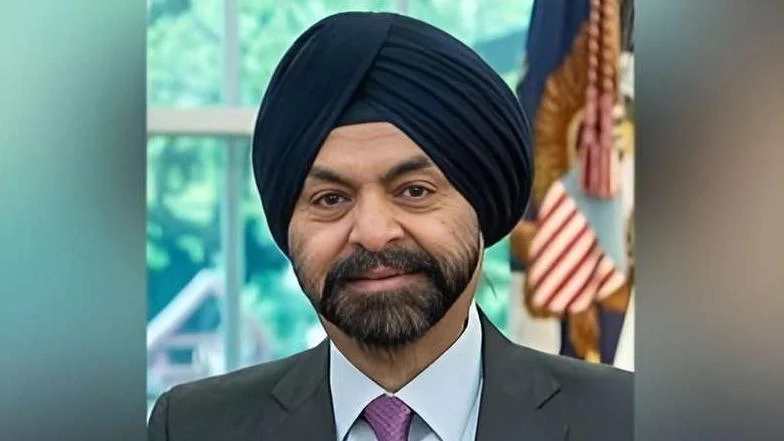Croatia is advancing its efforts to transition over 900 children, youth, and individuals with disabilities from institutional care to community-based living. This initiative, aimed at improving the quality of life for vulnerable groups, is a collaboration between Croatia's Ministry of Labor, Pension System, Family and Social Policy and the World Bank. The results stem from a two-year technical assistance project focused on deinstitutionalization.
Thirty-eight social welfare institutions in Croatia are undergoing transformation with support from European Union funding. The objective is to establish a network of community-based social services by 2027 that aligns with beneficiaries' needs and integrates them into society.
"The goal of deinstitutionalization is to ensure that each beneficiary of the social welfare system—be they children, youth, or adults with disabilities can fully realize their range of human rights, including the fundamental right to belong to the society they live in," stated Margareta Mađerić, State Secretary at the Ministry. She emphasized changing institutional operations to increase community-based services.
Aida Liha Matejiček from the European Commission highlighted that "this project has significantly advanced Croatia’s commitment to deinstitutionalization." It will assist 907 individuals in moving out of institutions into organized housing facilities. Transformation plans developed for these institutions provide a foundation for EU investments ensuring efficient implementation.
By 2027, community-based social services are expected to expand significantly. Services will include daycare, psychosocial support, personal assistance, early development support for children with developmental disabilities, and more innovative offerings like respite care and employment assistance for persons with disabilities. Close to 200 new organized housing units will be established across Croatia.
Jehan Arulpragasam from the World Bank remarked on the collective responsibility needed for expanding community-based care: “Deinstitutionalization is essential for Croatia’s most vulnerable people to thrive in all aspects of life.” He expressed pride in partnering with the government towards creating an inclusive society.
Goran Tubić from Osijek Community Services Center noted improvements such as creating family-like conditions through organized housing: "This includes providing organized housing with fewer children and adopting an individual approach for each child."
Funding sources include the European Regional Development Fund (ERDF) and European Social Fund Plus (ESF+), totaling over 150 million EUR allocated during 2021-27. The project was implemented between 2023-2025 and co-financed by the EU's ESF+.
The conference also featured panel discussions on transformation planning experiences and future risk management related to plan implementation. Beneficiaries who have transitioned into organized housing participated actively.
All documents prepared within this technical assistance are accessible on MLPSFSP and World Bank websites.

